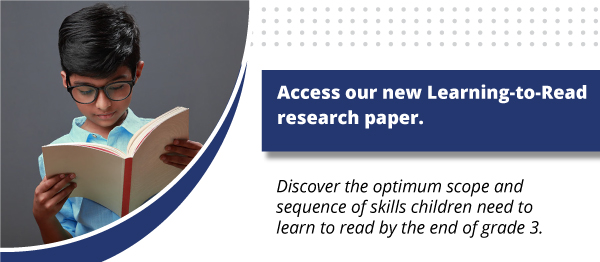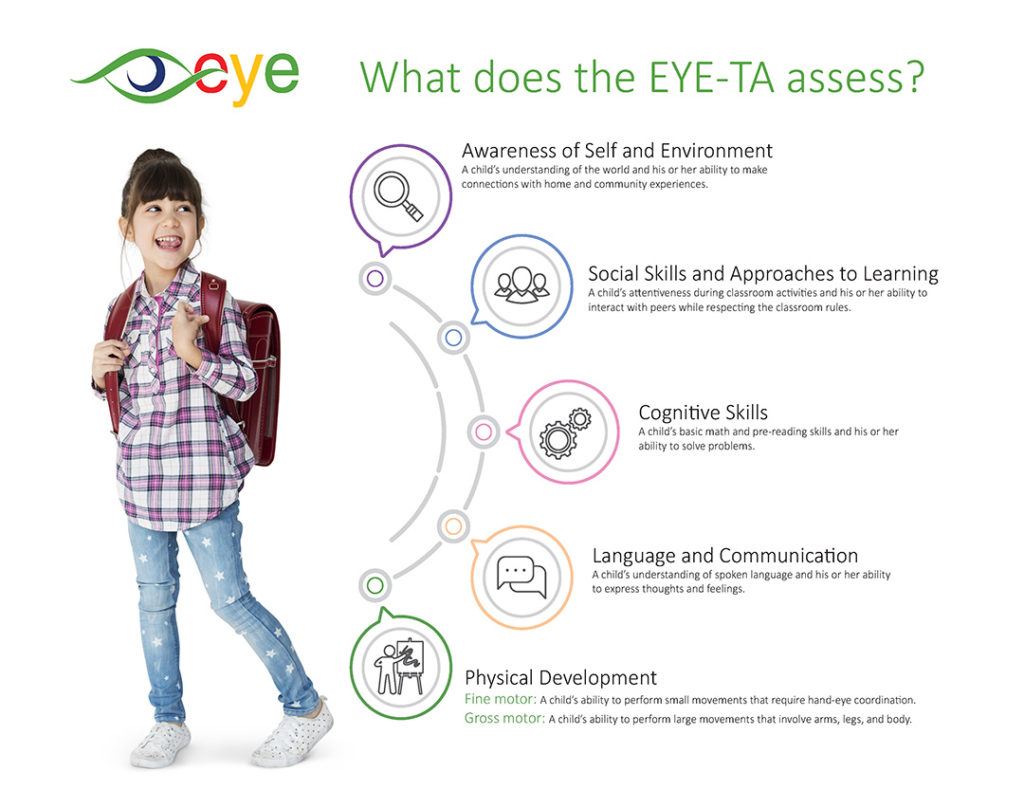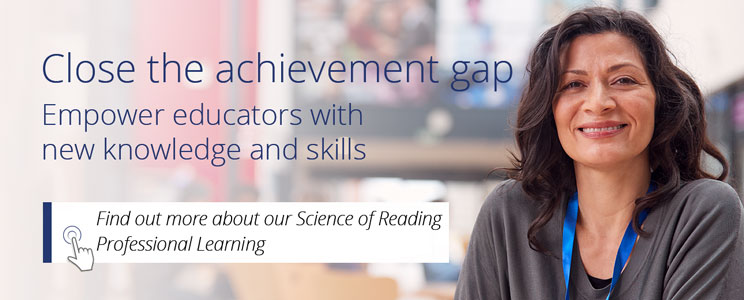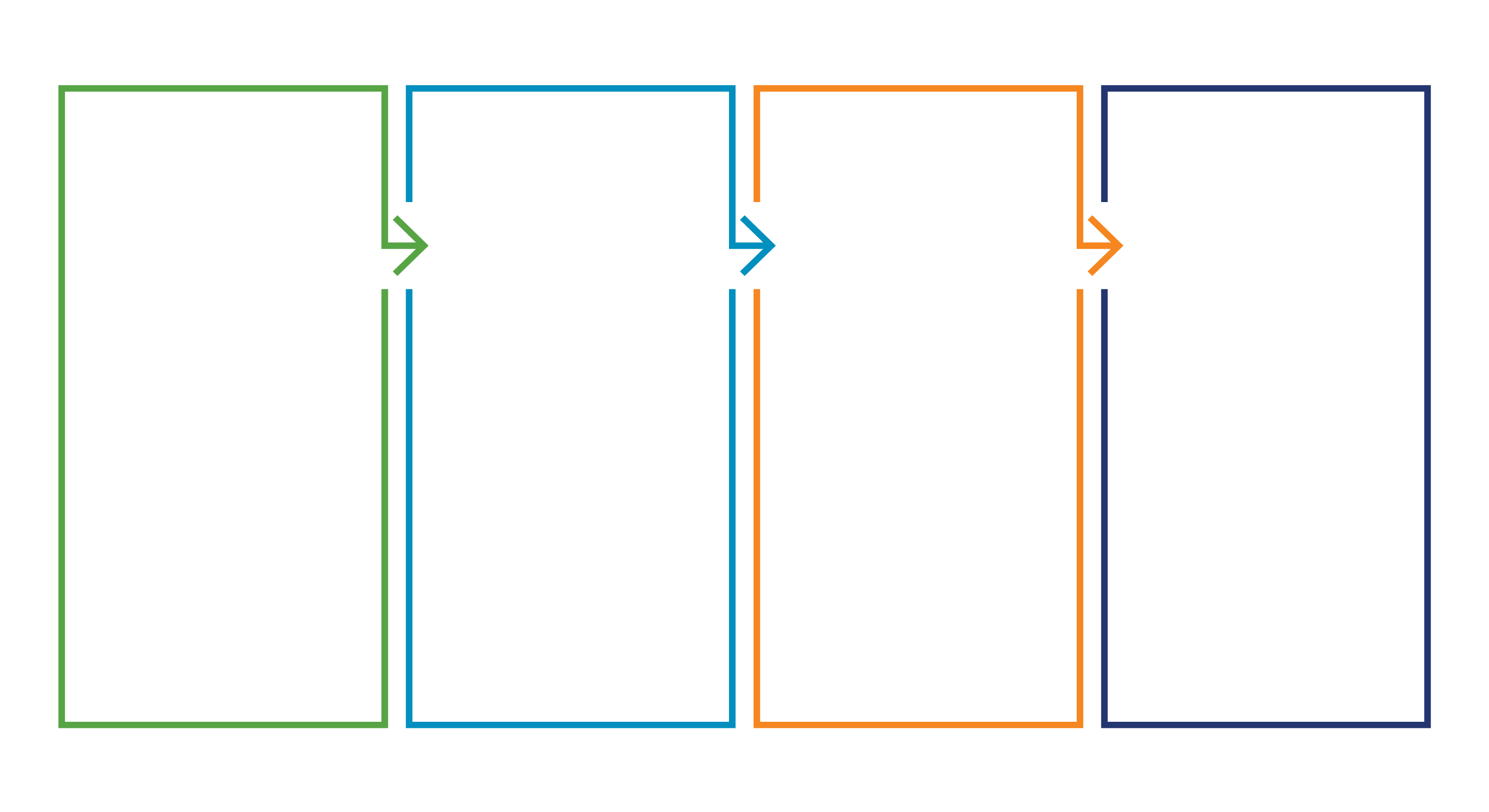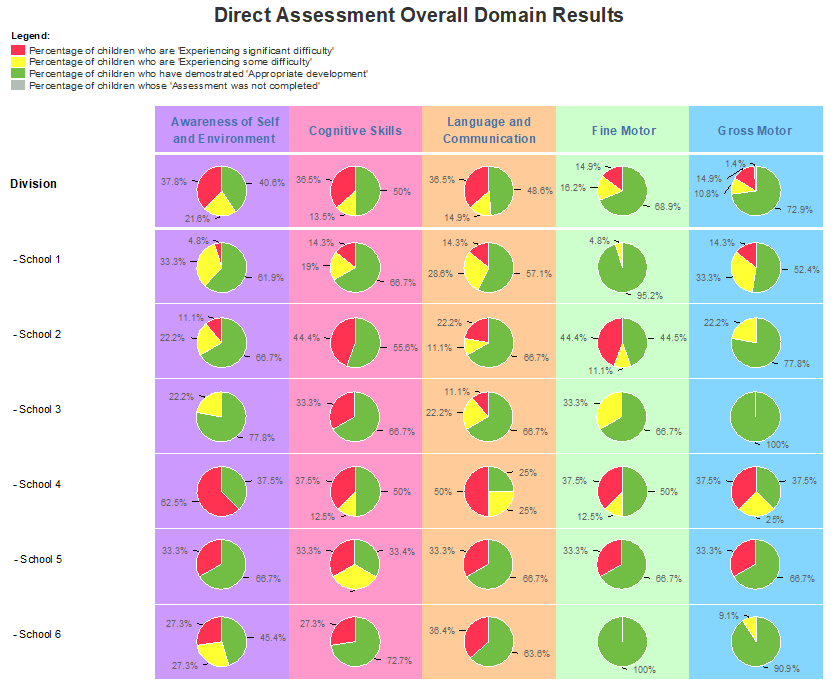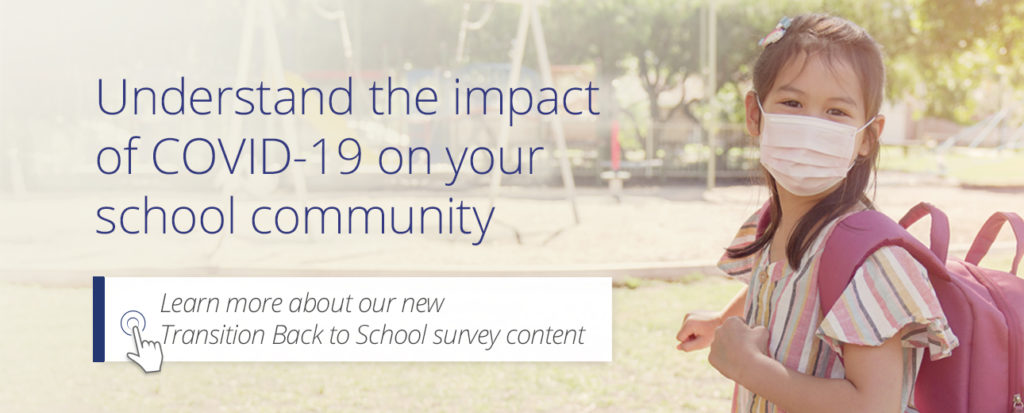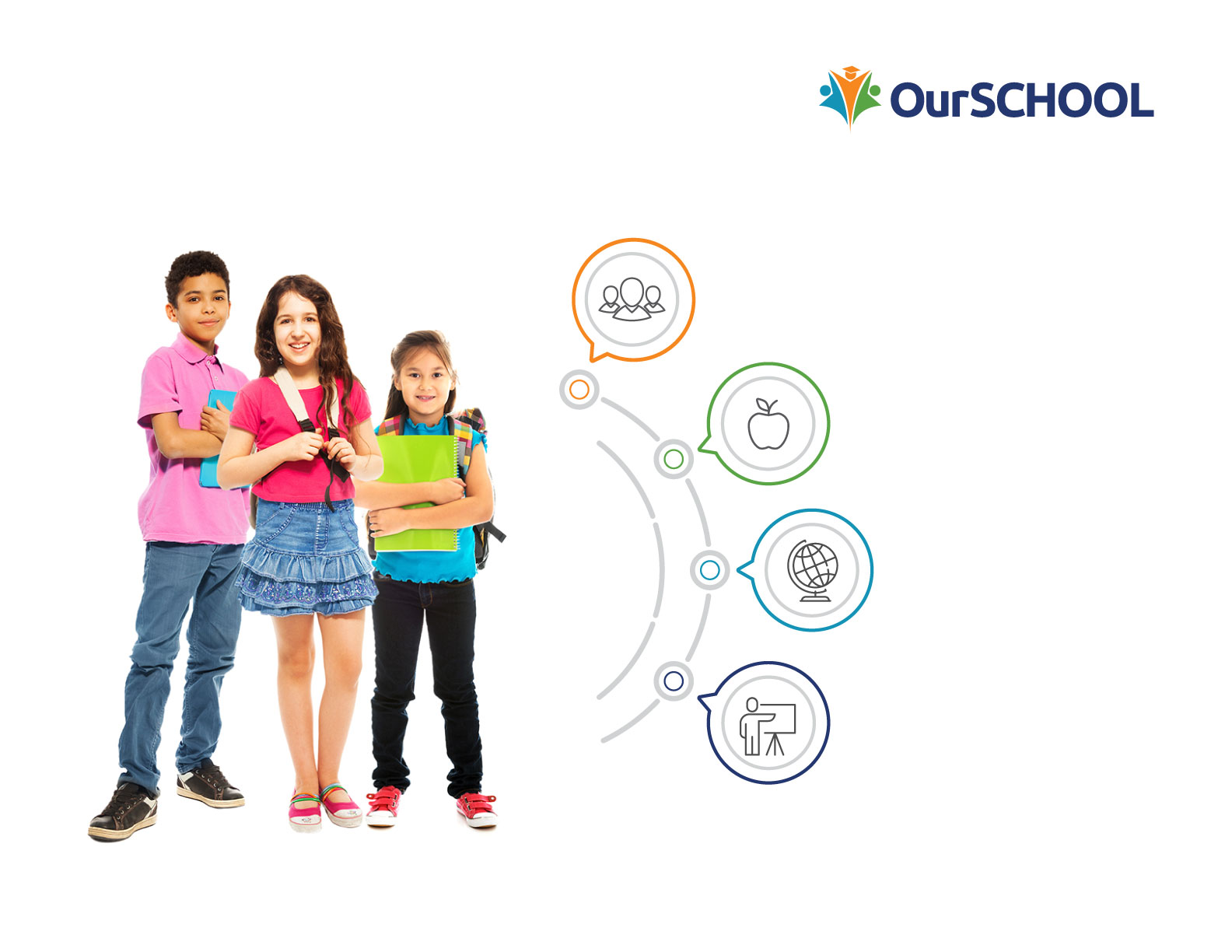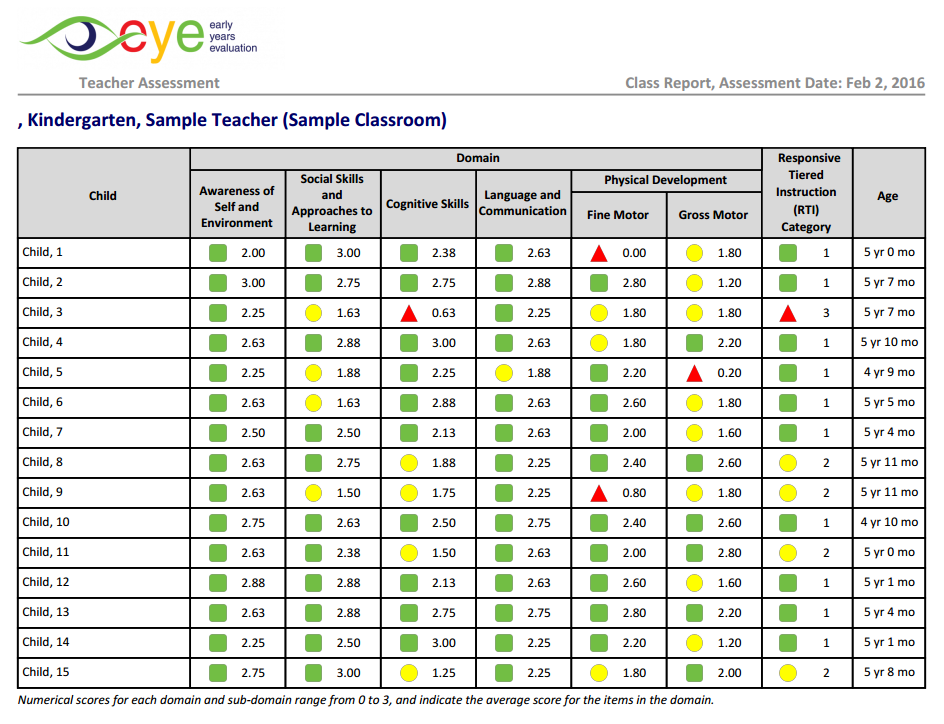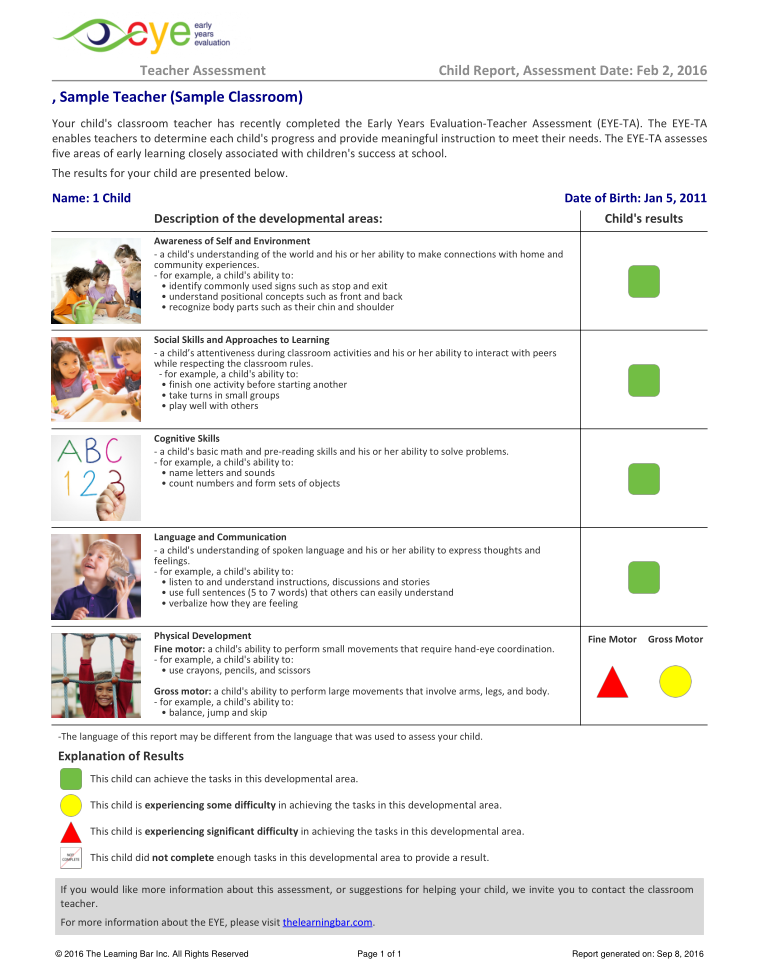Building Capacity for Children’s Literacy Success
Confident Learners Literacy Program
Bridging the gap in early literacy
School districts throughout North America are facing a challenge that has long seemed insurmountable, ensuring all children can read by the end of grade 2. Research is clear that becoming a skilled, confident reader during the first few years at school has a direct impact on a child’s well-being and positive school outcomes. Our focus is to support education leaders in achieving this goal.
Empowering educators with the skills to drive change
The first step to sustainable literacy improvements is to empower educators with the knowledge and skills that are directly linked to the science of reading and effective classroom practice. Knowledge that is grounded in academic research, linked to proven and practical classroom intervention and that supports how children learn to read.
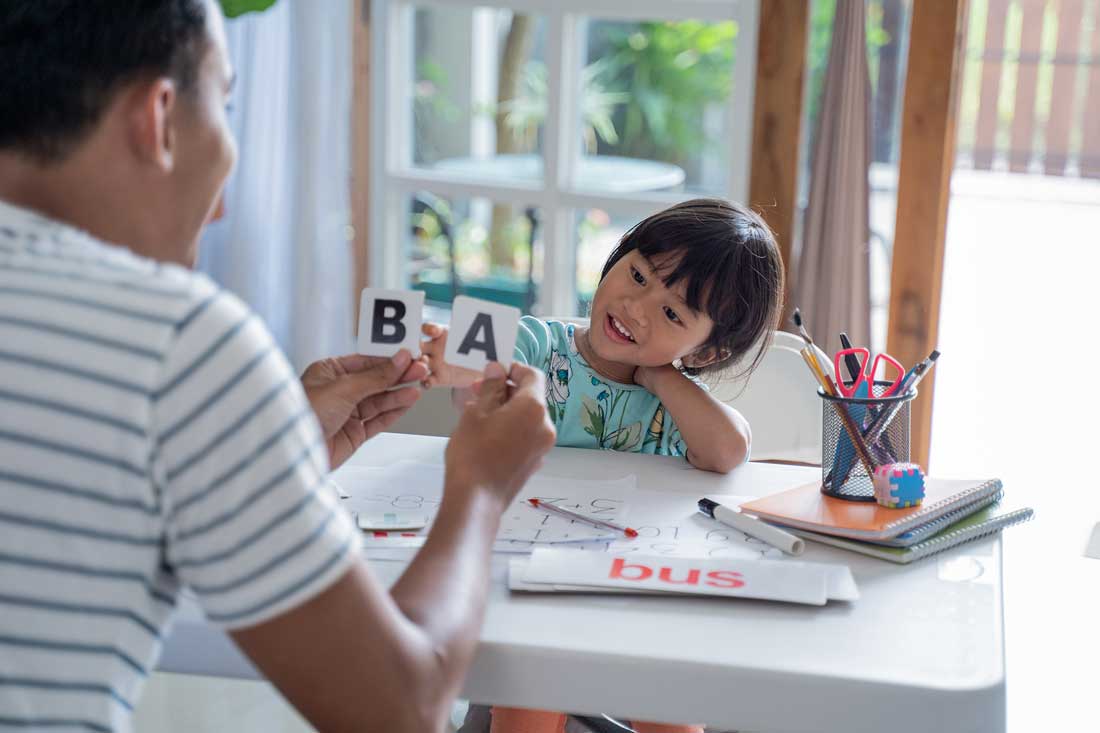
The program will:
Provide the sequence for teaching children eight core reading skills.
Give teachers an opportunity to increase their professional literacy knowledge and apply this in the classroom.
Give teachers an opportunity to increase their professional literacy knowledge and apply this in the classroom.
Unlocking a world of possibilities for all your students with a new step-by-step approach
Confident Learners Literacy Program uses a systematic and explicit approach to teaching in which positive student outcomes can be realized quickly. The emphasis on a specific sequence of skills development means that children learn how the sounds they hear in words – phonemes – are linked to the letters they see in print – graphemes. As children learn how to sound out words using the phonemes, they quickly learn how to read words, spell them, and make simple sentences. Before long, they are reading full sentences and short passages. This innovative approach drives confidence in becoming a reader.
Working hand-in-hand to build educator capacity
This systematic phonics program is structured into 15 modules designed to support children in Kindergarten to Grade 2, and children in later grades who have not mastered the foundational phonics skills required to become a successful reader.
Our Literacy Leads work with schools to provide step-by-step implementation support. The Leads support educators through the assessment and monitoring process, the analysis of assessment data, and planning instruction to increase student success. They also support administrators and principals to establish Professional Learning Communities and are available to address any queries pertaining to the online self-paced ’Core Competencies’ and ‘Lessons for Teaching Reading’ courses for educators.*
*Development of an asynchronous program is currently underway, please contact the sales team directly to discuss this option.
Connecting research and practice
Confident Learners Literacy Program acts as the bridge from research to practice. It affords educators an opportunity to increase their professional knowledge, apply this learning in the classroom, and examine the impact of targeted instruction. When educators increase their self-efficacy, they take responsibility for all their students, they seek better ways to manage classroom behaviour, and they support parents and caregivers to become effective partners in their children’s learning to read. Working together we can help you transform the lives of your students, and give all children the opportunity to thrive.


